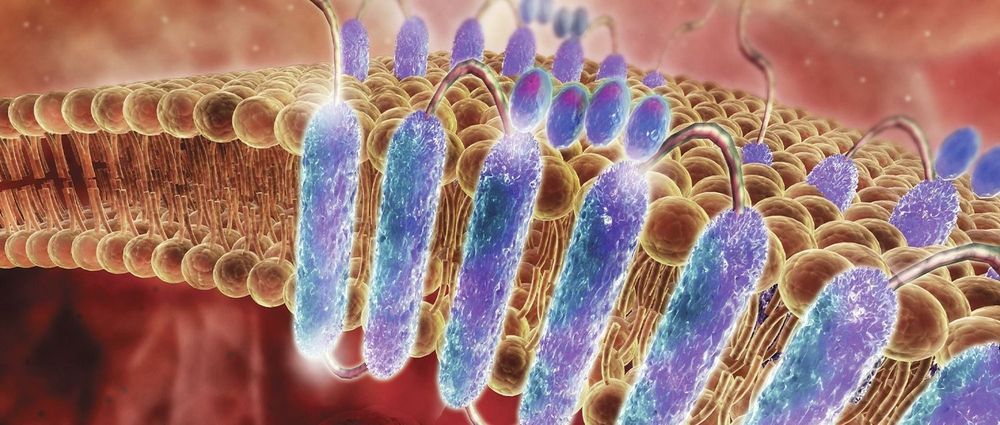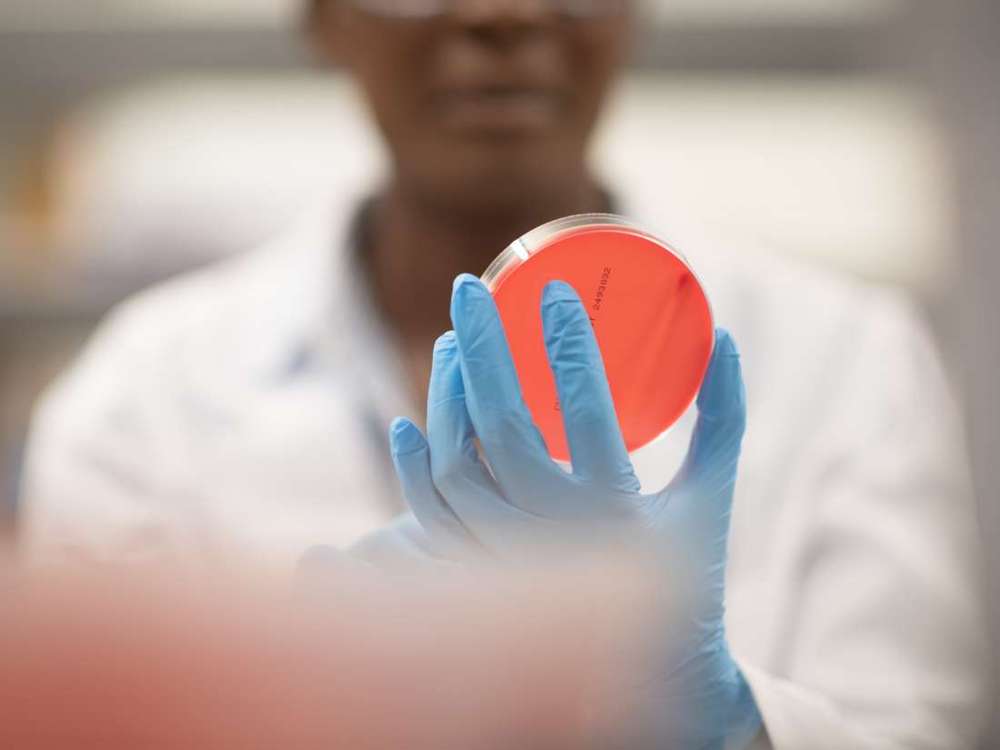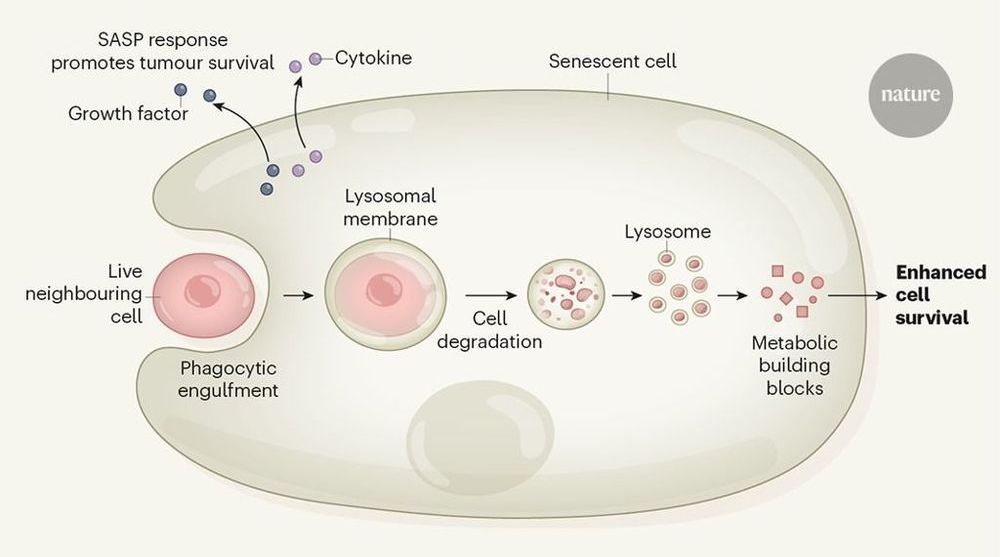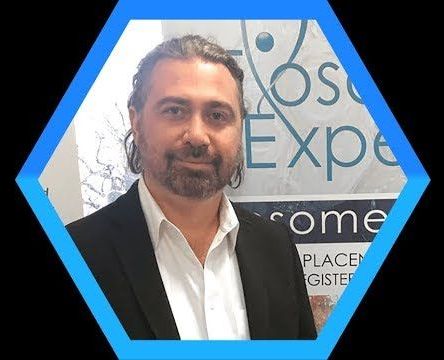Nov 26, 2019
For the November episode of the Journal Club, Dr. Oliver Medvedik will be reviewing a new study from a team of researchers including Professor George Church
Posted by Paul Battista in categories: biotech/medical, life extension
The study saw the deployment of a multiple target gene therapy focused on 3 known longevity genes delivered via an adeno-associated virus. The focus was on mitigating T2 diabetes, heart failure, and kidney failure in mouse models with very positive results observed. Join us on Tuesday, 26th November, 1pm EDT on our Facebook page for the livestream show.
















